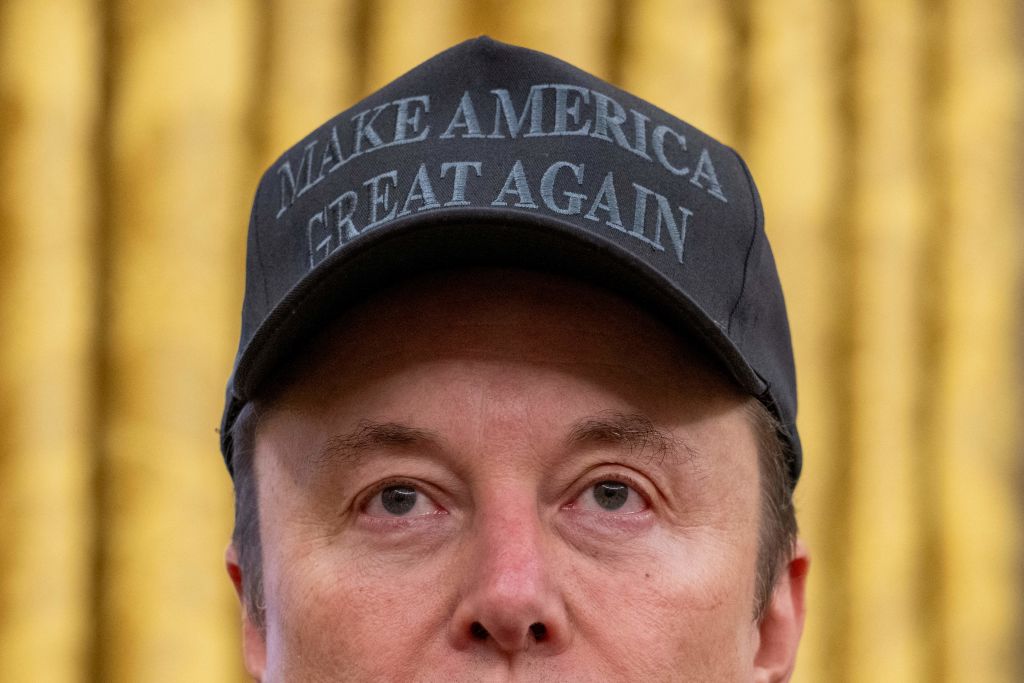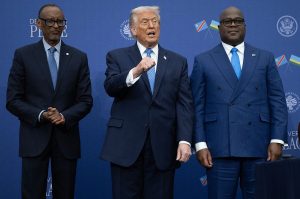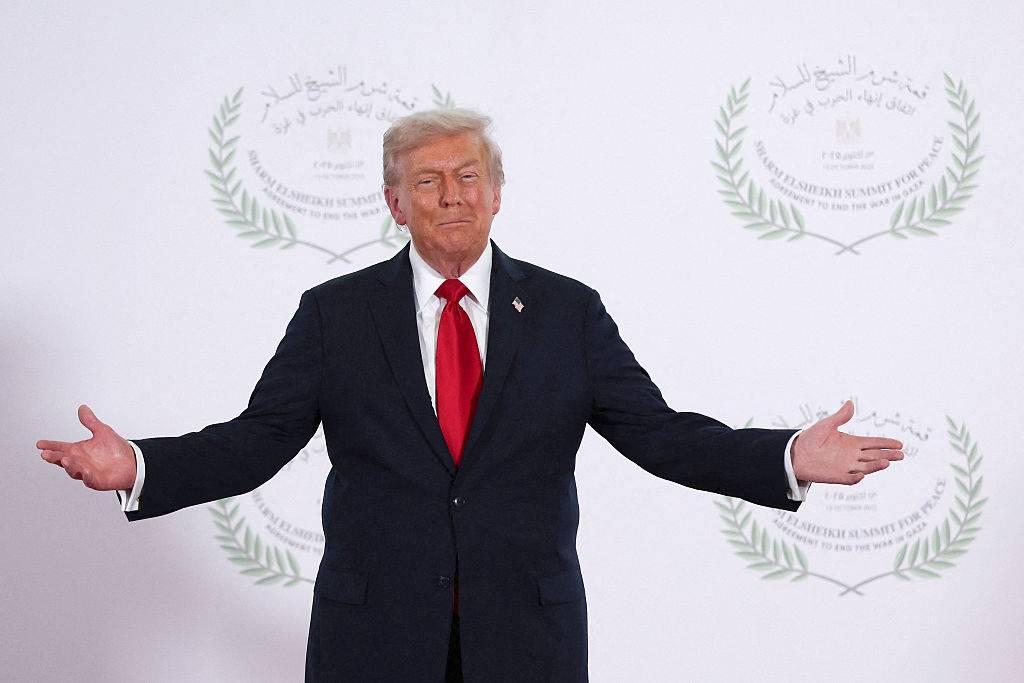Only a few months ago, Elon Musk took to his social media platform X to share a confession with his 220 million followers: “I love @realDonaldTrump as much as a straight man can love another man,” he wrote. This week, Musk and the sitting president had such a violent public breakup that it sent Tesla stock crashing by 17 percent.
The drama, which rivaled a Real Housewives season finale, finally exploded when the President threatened to pull Musk’s billions in federal contracts. Musk returned the favor by claiming Trump hasn’t released the “Epstein files” because he’s implicated in them.
It was an eruption that most political observers had, from the start, deemed inevitable. But what was shocking was the scale and the speed at which the two thinnest-skinned men on the planet went from “President and First Buddy” to mortal enemies.
The biggest twist in this sordid drama is why the pair originally fell out: disagreement over a reconciliation bill that is going to increase both the national debt and the deficit. But that breaking point would not have been reached if Musk had accomplished what he set out to do in Washington.
The seeds of this meltdown were planted in the wake of the 2024 election, when Trump pledged to crack down on government spending upon a return to the White House and appointed Musk, perhaps the most successful entrepreneur in history, to whip the bloated US government into shape.
Musk stormed into Washington with the bravado of a man who spent his career running major companies with absolute authority. He set the bar for success high, pledging repeatedly to slash at least $2 trillion from the federal budget. He suggested, somewhat quixotically, that doing so would be easy. It was not. By January, before Trump was even inaugurated, Musk had cut his own target down to $1 trillion. Now, having left the White House in failure, Musk says his efforts were stymied by a federal bureaucracy impervious to reform. In the end, the Department for Government Efficiency claims it managed to root out a mere $160 billion.
“The federal bureaucracy situation is much worse than I realized,” Musk said last week in a fit of self-pity.
Perhaps Musk did not know that the government is hard to cut because he never bothered to ask anyone. If he had put that question to any staffer who worked in any past administration – many of whom tried and failed to trim down the size of government – he would have been informed that doing so is a herculean task. It’s made near-impossible by special interests, political realities, and the fact that military spending and entitlements are the only two real expenditures where cuts could be made meaningfully – but not without fatal electoral political consequences for the president who oversees them.
If we are to take the $160 billion figure at face value (DoGE’s record of mendacity suggests we shouldn’t), the way Musk went about the job likely cost taxpayers nearly as much. A nonpartisan research group estimated that the efforts will cost $135 billion thanks to the recklessly haphazard way it fired federal workers, hampering productivity and often requiring those workers to be re-hired. The estimate does not account for the blizzard of lawsuits spawned by this vandalism of the US government.
Simon Johnson, a Nobel Prize-winning economist and professor at MIT, told me that DoGE had failed in its stated goal: reducing the federal deficit by cutting spending. Johnson estimated, based on private and public sources, that the net effect of the spending cuts will end up in the range of $10 to $30 billion, a miniature fraction of the $6.8 trillion the federal government spent in 2024.
That’s the good news, if you can believe it. The bad news is that Musk also unleashed his chainsaw on the IRS, cutting staff charged with revenue collection. As a consequence, Johnson estimated the net effect on the deficit is “is likely to either be around zero or… negative.” In other words, he said, “the DoGE phase may end up worsening the deficit, all other things being equal.”
It should not come as a surprise that Trump has little interest in cutting spending. He ran on a reputation as a ruthless businessman in 2016, only to add a staggering $7.8 trillion to the national debt during his first term. During the 2024 election campaign, estimates from a nonpartisan watchdog found Trump’s economic plan would add $7.75 trillion to the debt by 2035 while his opponent, Kamala Harris, would increase the debt by about half that: $3.95 trillion.
Trump’s fiscal carelessness is what Musk claims led to their breakup, though it’s hard to take his claims seriously. In the wake of the billionaire’s turn against the Trump-backed spending bill, Axios reporter Marc Caputo dropped a bombshell scoop identifying four reasons Musk had decided to throw the President under the bus. None of those reasons were Musk’s concern about the national debt; all were personal complaints, including Musk being pushed out of the administration after failing at DoGE and the fact that the bill slashes the electric vehicle tax credit that favors Tesla.
Musk now has bigger problems than the tax credit. Steve Bannon, the longtime Trump ally who has voiced suspicions of Musk since the start of the billionaire’s career in Washington, declared war on Thursday night. He told the New York Times that he was advising Trump to deport Musk, a native of South Africa, and said later on his podcast that Trump should use an executive order to allow the US government to seize SpaceX.
For the moment, there are signs that cooler heads will prevail. The only signal of potential de-escalation came, improbably, from Trump: a man not known for his measured attitude but who is smart enough to realize that Musk’s extraordinary wealth and tremendous influence as the owner of X makes him a better friend than foe in the long run. “I don’t mind Elon turning against me,” was Trump’s last comment about Musk on Thursday night. “But he should have done so months ago.”


























Leave a Reply